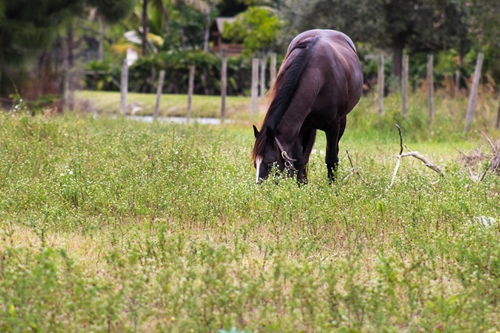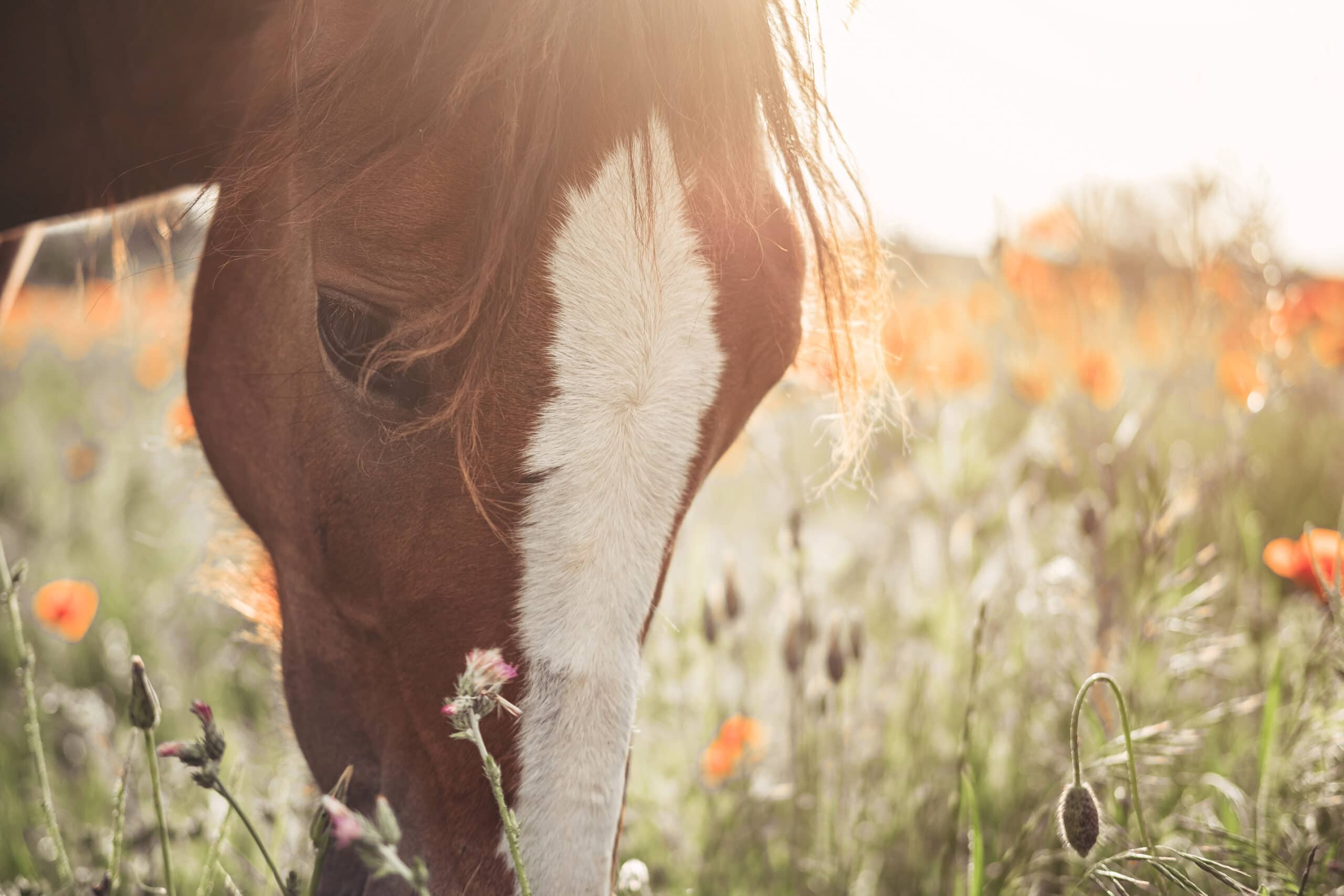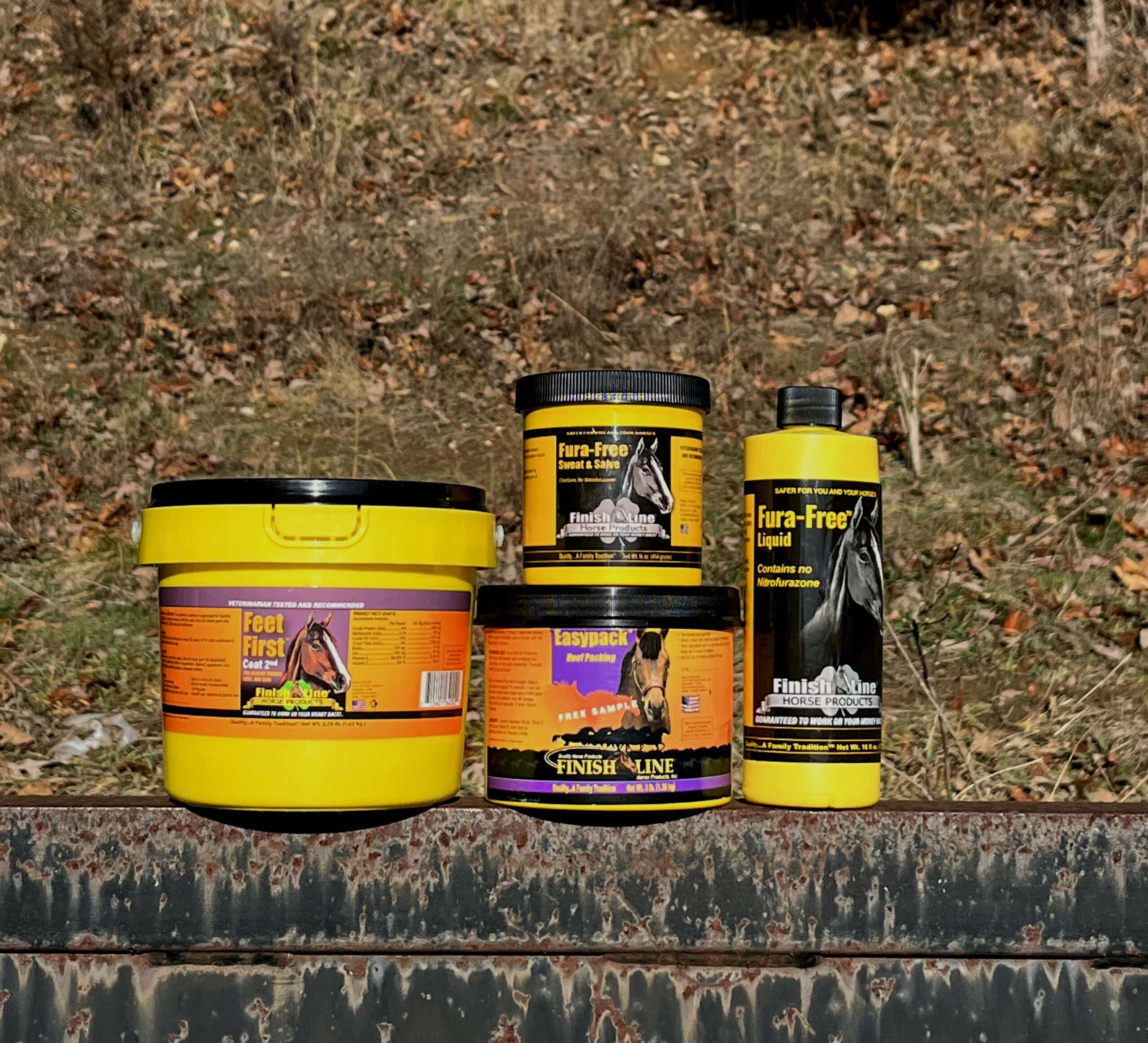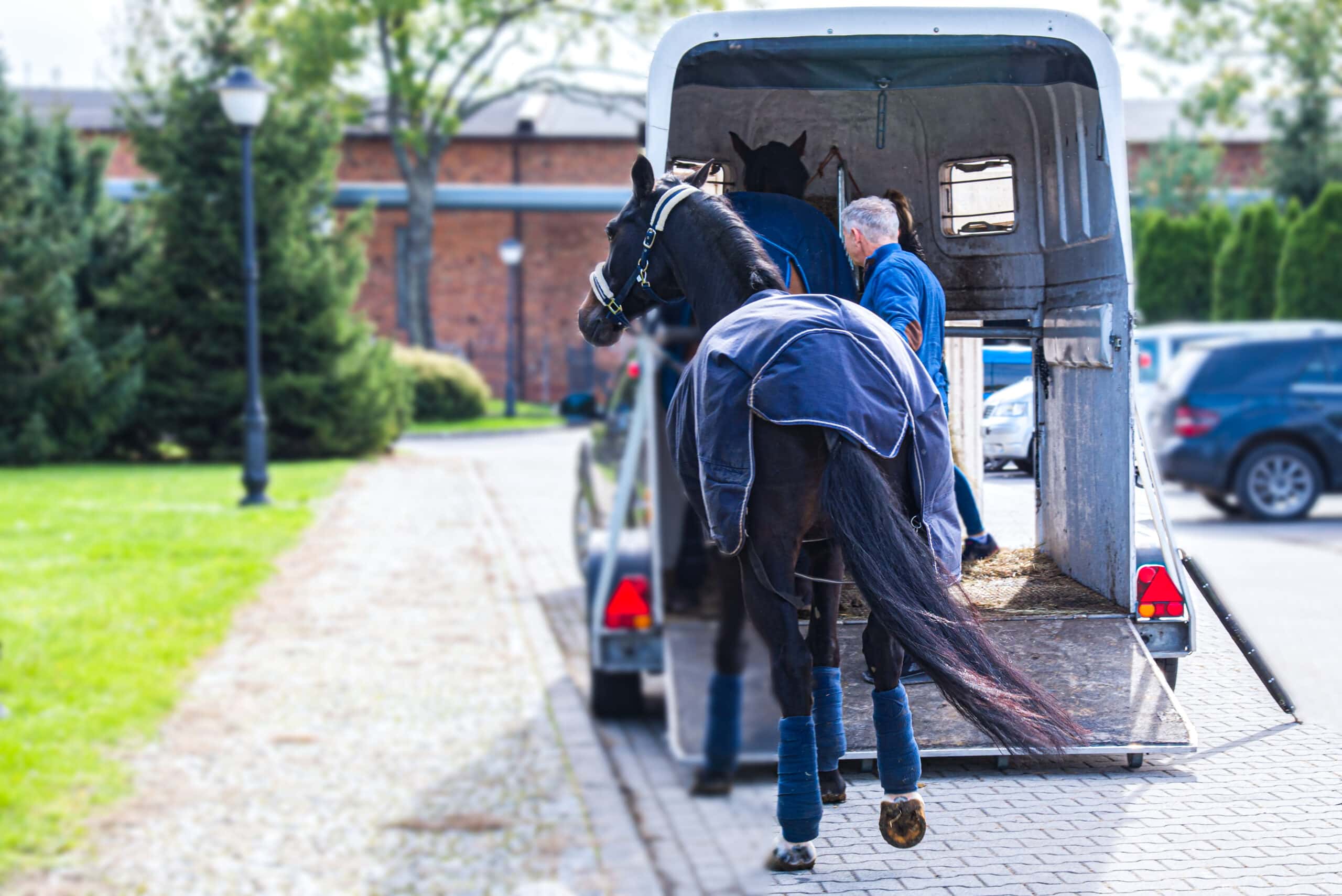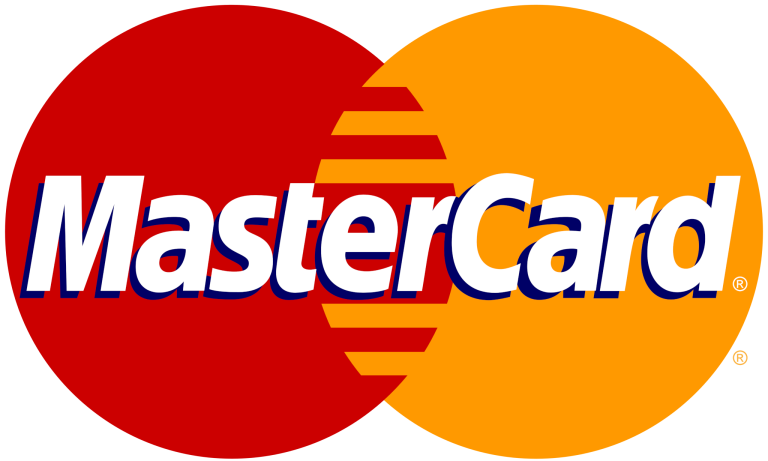Before domestication, horses had free access to unrestricted areas of pasture. Their bodies evolved to both move and graze constantly, keeping them at a stable, healthy weight. After humans came along, however, obesity among horses grew to epidemic levels. According to TheHorse.com, various studies report that obesity rates among horses range between 32 percent and 62 percent. The exact causes for weight gain are difficult to pinpoint, although the condition is likely the result of several different factors.
“Chronic stress is an often-overlooked cause of equine obesity.”
Causes of obesity
The simplest answer to the question of horse obesity is diet and exercise. The common belief is that owners provide too much food compared to how little exercise the horse gets. However, according to Horse Journals, chronic stress is an often-overlooked cause of equine obesity. When a horse is upset or uncomfortable, it perceives danger and its brain goes into survival mode. It tells the body to do whatever it can to survive, so stress hormones within the body cause fat to accumulate in order to stave off the imaginary threat of starvation.
There are a variety of reasons your horse could be stressed, including travel, sleep deprivation, isolation, exhaustion, pain and excessive training. Yet the most significant source of stress is cutting the horse’s access to forage. If horses don’t have the ability to graze at all times, they start to get anxious and their body will attempt to preserve energy.
This does not mean you shouldn’t monitor a horse’s access to pasture, however. A study from the U.K. suggested pasture is more responsible for obesity than additional grain or hay. Researchers from the University of Bristol and the Waltham Center for Pet Nutrition in Leicestershire studied nearly 100 horses from late winter to late summer. Each of the equines could access pasture for at least six hours each day. Throughout that time, the percentage of obese horses grew from 27 percent to 35 percent. What was most interesting to the researchers was that they found supplemental grain and hay wasn’t a risk factor.
“We often underestimate how many calories horses and ponies can get from pasture,” said Sarah Giles, head researcher of the study and doctoral candidate. “Other work that my Waltham colleagues have carried out has shown that ponies can eat up to 1 percent of their body weight in dry matter in just three hours out on certain pastures and up to 5 percent over 24 hours. This effectively means that at times a small pony could be eating as many calories as a racing Thoroughbred!”
“Consult with your veterinarian to create a safe equine weight-loss program.”
Managing weight loss
As with humans, obesity in horses is complicated. There are a number of factors – including genetics, nutrition, exercise and equine supplements – that contribute to a horse’s weight. Before beginning any weight-loss program, consult with your veterinarian to see what is safe for your horse.
You might be advised to start by implementing a healthy diet and exercise routine. This should be a slow, steady process – drastically reducing your horse’s diet spells disaster for its stress levels and metabolism. The American Association of Equine Practitioners recommended reducing feed by a maximum of 10 percent on a weekly basis.
You can also add equine supplements to your horse’s diet to support a healthy condition. Finish Line’s Total Control assists all of your horse’s systems, while Quia-Cal and Thia-Cal both promote healthy nerves and contain calcium. This latter nutrient promotes strong teeth so horses can chew their food thoroughly, helping them digest and get the maximum amount of nutrients.



